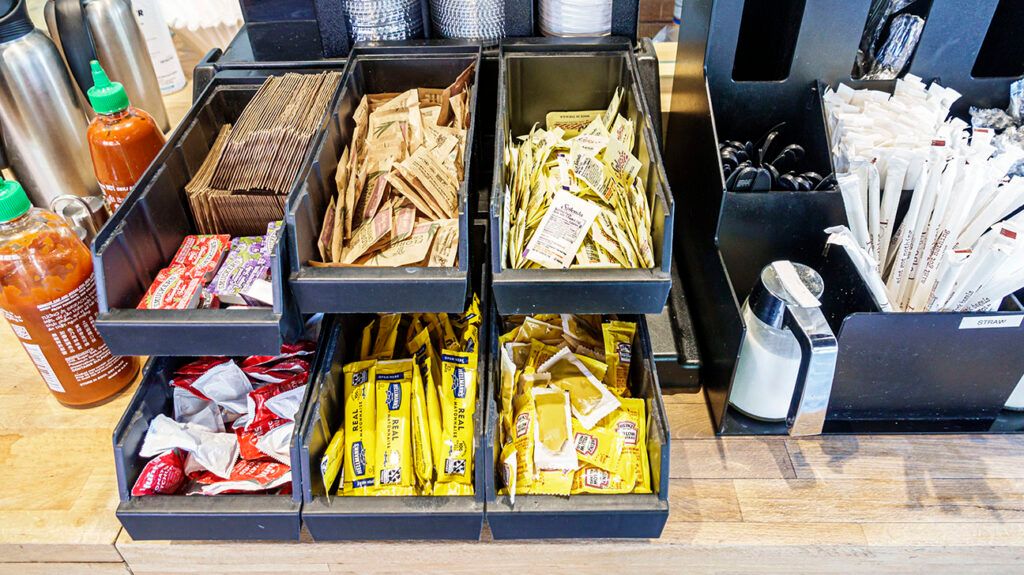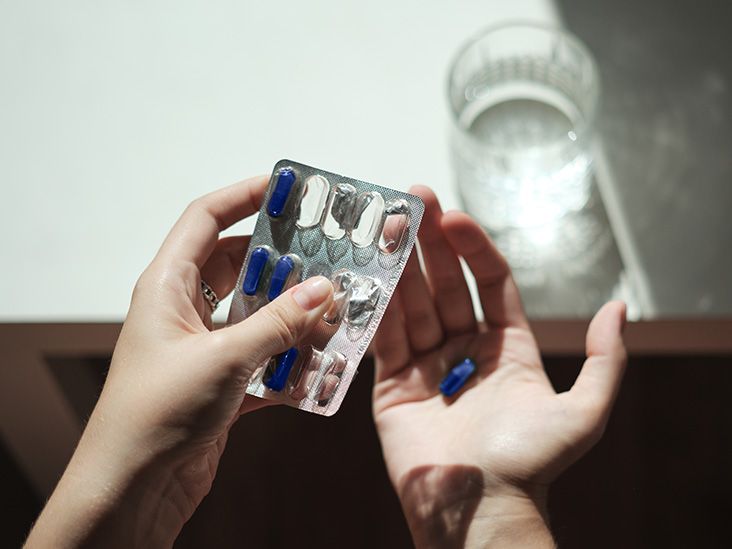Splenda, or sucralose, is an artificial sweetener that people may use instead of sugar. It is FDA-approved and safe to use.
Sucralose, known by the brand name Splenda, is an artificial sweetener approved for general use as a sugar substitute.
Here we explain what Splenda is, how it is used, and what the science says about this sugar substitute. We also compare it with stevia, another popular sugar alternative.

Splenda is a brand-name artificial sweetener. It is used as a sugar substitute by people looking for low-calorie alternatives to their daily sweet treats. Sweeteners like Splenda mimic the sweetness of sugar without the calories.
Splenda’s sweetness is due to a compound called sucralose, a type of indigestible artificial sugar made by replacing certain sugar atoms with chlorine atoms. Sucralose is also combined with other digestible sweeteners like maltodextrin to make Splenda.
Splenda is approximately
Splenda is a general sweetener found in many foods and drinks, ranging from baked goods to sugar-free beverages.
Many artificial sweeteners lose their sweetness when heated. Splenda, on the other hand, is stable at temperatures up to 450 degrees Fahrenheit. This makes it a common option as an addition to coffee, tea, and baked foods.
However, there are some culinary drawbacks to using Splenda to replace sugar. Artificial sweeteners do not act the same way that plain table sugar does. For instance, artificial sweeteners may not caramelize or brown like sugar.
The sucralose in Splenda is
- Aspartame
- Advantame
- Neotame
- Saccharin
- Acesulfame potassium
Artificial sweeteners are thoroughly regulated and frequently studied for their side effects. At present, there is no evidence that consuming FDA-approved artificial sweeteners in moderation poses health risks.
However, some small animal studies report limited associations between sucralose consumption and gut microbiota disruption, inflammatory responses, and taste receptor adaptations. These findings were summarized in a 2024 review. These findings are yet to be replicated in controlled human studies, and the review’s authors acknowledged the low quality of many of the included reports.
Artificial sweeteners and cancer
One common claim is that artificial sweeteners, including sucralose, increase the risk of cancer.
The
Another sweetener that has gained popularity recently is stevia. Stevia-based products are based on extracts from the plant Stevia rebaudiana.
Stevia’s sweetness comes from natural compounds called steviol glycosides, which are extracted from the plant to create various sweeteners. Like Splenda, steviol glycosides are non-nutritive sweeteners, meaning they provide no dietary calories.
Sweetness
When comparing Splenda and stevia, sweetness is one of the things to consider.
Sucralose is 600 times as sweet as sugar, and stevia is 200-300 times as sweet, so less Splenda is needed initially to satisfy the palette. Limited animal studies suggest that high-intensity sweeteners may change how the brain responds to sweet taste. However, high-quality studies have yet to confirm this is the case in humans.
Safety
Extracts of stevia, which are 95% steviol glycosides, are generally recognized as safe (GRAS) by the FDA. Products containing steviol glycosides are usually called the sweetener “stevia,” rather than the plant itself.
Consuming too much of a specific type of artificial sweetener (sugar alcohols) may cause diarrhea, bloating, gas, or have a laxative effect in some people. There is also the possibility of an allergic reaction, so it is important to pay attention to any changes in the body.
If an individual experiences an adverse side effect, they should consult a doctor.
Splenda is an artificial sweetener that many people use instead of sugar in coffee, tea, and other food and drinks. Splenda is one of six artificial sweeteners approved for use by the Food and Drug Administration.
Limited studies show that excessive consumption of some artificial sweeteners may cause adverse health effects in animal and test tube studies. However, there is no high-quality evidence this is the case in humans.


